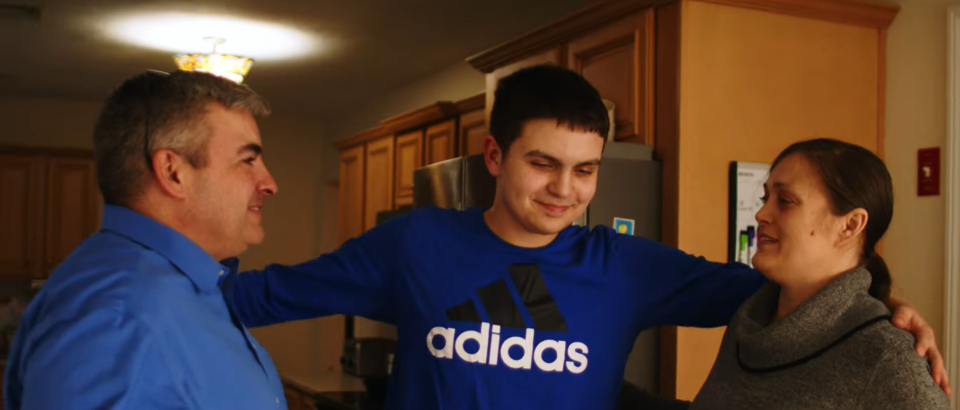Supreme Court rejects dad's appeal to record school meetings about autistic son's needs
WASHINGTON − The Supreme Court on Monday declined to weigh in on a case about whether parents have a constitutional right to record meetings with school officials about their child's education.
The court rejected an appeal from a father who wanted to record a meeting to discuss whether extra support was needed for his autistic high school son.
The school district in Bridgewater, Massachusetts, said Scott Pitta could audio record, but not video record, their online meeting.
The case drew support from conservative and libertarian groups, who argued that school meetings are similar to traffic stops or police arrests: government actions that they believe are covered by a right to record and share information.
But lower courts backed the school officials, ruling that the meeting was not a public event. And even if there was a constitutional right to record the meetings, an appeals panel said, the school could place reasonable restrictions if needed, for example, to promote candid conversations.
Dig deeper: Special education clash at Supreme Court: Why one dad is asking to record school meetings

The conversations between parents and schools over what’s known as an Individual Education Program −a plan that is required by the nation's education law for children with disabilities − can turn contentious. There are often disagreements about what type ofprogress is possible, and what kind of help financially strapped schools can really provide.
Pitta contested the school’s written summaries of previous meetings and wanted to record their next Google Meet video conference. He said audio alone wouldn’t capture who was speaking. A complete record was needed if Pitta wanted to fight a service denial.
More: Special education clash: How one student's Supreme Court case could make schools more accountable
He argued people should be able to record any of their interactions with a government official, comparing the accountability provided by a video recording of a school meeting to that of a police officer’s body camera.
“The average, day-to-day person doesn't interact with the police department every day,” he said. “But they'll interact with their local government, their school district several times throughout the year.”
This article originally appeared on USA TODAY: Supreme Court rejects dad's appeal on recording disabled son's meeting


